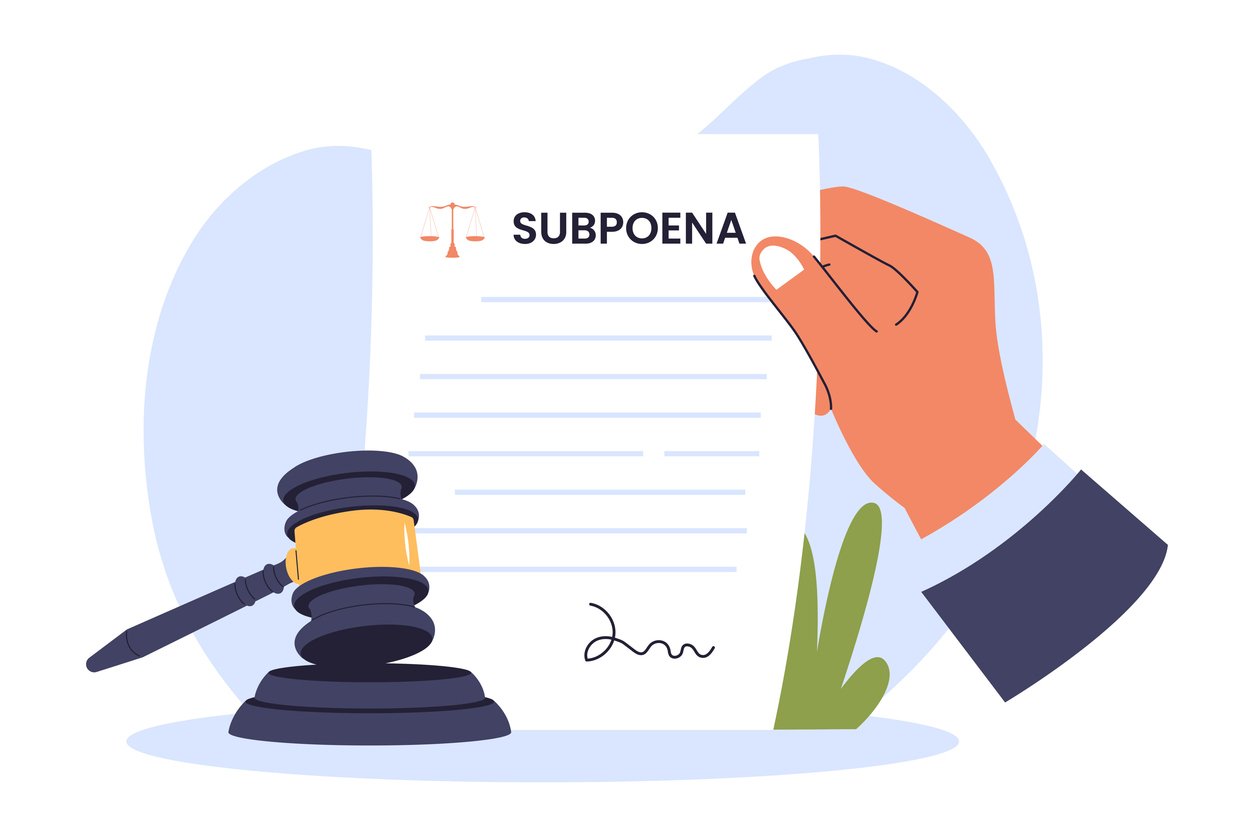
What is Estate Planning?
Estate planning is not just about drafting a will. It encompasses a variety of legal documents and strategies aimed at managing an individual’s asset base in the event of incapacitation or death. Key components of estate planning include detailed instructions on how your estate should be handled, who should manage your affairs, and how to address potential disputes among heirs.
Element of Estate Planning
- Wills and Trusts: These legal documents specify how your assets will be distributed. A will outlines your wishes for asset distribution and guardianship of minor children, while a trust can help manage your estate and potentially avoid probate. Trusts come in various forms, such as revocable and irrevocable, each serving different purposes and offering varying levels of control and tax benefits. Understanding the differences between them and how they complement a will is crucial for a comprehensive estate plan.
- Power of Attorney: This grants a trusted person the authority to make decisions on your behalf if you’re unable to do so. It can be specific or general, temporary or enduring, depending on your needs and preferences. The choice of a power of attorney is critical, as this individual will have significant control over your affairs, so it’s essential to choose someone you trust implicitly.
- Healthcare Directives: These specify your preferences for medical treatment if you’re unable to communicate your wishes. They include living wills and healthcare proxies, which guide your family and medical professionals in making decisions aligned with your values. This not only ensures your wishes are respected but also alleviates the emotional burden on your loved ones during challenging times.
The Benefits of Estate Planning
Those considering investing in estate planning services should consider the protections and tax benefits involved. Below are a few of the key benefits that estate planning offers.
Protecting Your Family and Assets
Estate planning is about ensuring that your family is taken care of and your assets are distributed according to your wishes. Without a plan, your estate may be subject to probate, which can be a lengthy and costly process. Proper planning helps bypass this and ensures a smoother transition for your heirs. By clearly outlining your wishes, you minimize the risk of family disputes and ensure your legacy is preserved as you intend.
Furthermore, estate planning provides clear guidance on guardianship for minor children, ensuring they are cared for by individuals who share your values and parenting philosophy. This foresight can be invaluable, offering peace of mind that your children will be raised in a stable and nurturing environment if you’re no longer there.
Minimizing Taxes and Legal Fees
A well-structured estate plan can significantly reduce the taxes that your heirs might owe on your estate. By utilizing various strategies, such as setting up trusts, you can ensure that more of your wealth is passed on to your beneficiaries. Trusts can also protect your estate from creditors and provide for family members with special needs without jeopardizing their eligibility for government assistance.
Moreover, by avoiding the probate process, which can be both time-consuming and expensive, you reduce the financial burden on your estate. This leaves more resources available for your heirs, and ensures a quicker distribution of your assets, allowing your family to focus on healing rather than legal proceedings.
Control Over Healthcare Decisions
With an estate plan, you can outline your healthcare preferences through advance directives. This ensures that your medical care is handled in accordance with your wishes, even if you’re unable to voice them. Advance directives provide clarity during medical emergencies, preventing family disagreements and ensuring you receive the care you desire.
Furthermore, by appointing a healthcare proxy, you ensure that someone you trust is making decisions on your behalf. This person will have a comprehensive understanding of your preferences, allowing them to advocate for your needs with healthcare providers effectively.
Estate Planning Process and Checklist
Estate planning is a comprehensive process that requires a fundamental understanding of your individual goals, assets, and family needs. By following the steps below, you can ensure that your estate is protected to the fullest extent.
Step 1: Inventory Your Assets
Begin by creating a comprehensive list of all your assets, including real estate, investments, insurance policies, and personal property. Understanding the full scope of your estate is the first step in effective planning. This inventory should also include digital assets, such as online accounts and digital currencies, which have become increasingly valuable in recent years.
Documenting your liabilities, such as mortgages and loans, is equally important. This provides a clear picture of your net worth and helps guide decisions about how best to allocate your assets and settle debts.
Step 2: Consider Your Family’s Needs
Think about what your family will need if you’re no longer there to provide for them. This includes determining guardianship for minor children and setting up trusts to manage their inheritance. Consider the educational needs, healthcare, and living expenses of your dependents to ensure they are adequately provided for.
Additionally, communicate with your family about your estate plan. Discussing your intentions can prevent misunderstandings and prepare your loved ones for future responsibilities, fostering a supportive environment during transitions.
Step 3: Establish Your Directives
Draft your will, set up any necessary trusts, and designate your power of attorney and healthcare proxy. These documents will form the cornerstone of your estate plan. Ensure these directives align with your personal and financial goals, considering the unique needs of your family and potential future scenarios.
Reviewing these documents with a professional can provide reassurance that they are comprehensive and legally sound. This step is crucial in avoiding potential legal challenges that could arise after your passing.
Step 4: Designate Beneficiaries
Ensure that your beneficiary designations are current. This includes life insurance policies, retirement accounts, and other financial instruments. Regularly updating these designations is essential, particularly after significant life events, to ensure they reflect your current relationships and wishes.
It’s also important to understand the implications of beneficiary designations, as they can supersede instructions in your will. Consulting with a financial advisor can help you align your designations with your overall estate plan.
Step 5: Seek Professional Advice
Consult with an estate planning attorney, such as those at Law Advocate Group, to ensure your plan complies with state laws and addresses your specific needs. Professional advice can help you navigate complex legal and tax considerations, ensuring your estate plan is robust and effective.
In addition to legal counsel, consider working with financial planners and tax advisors. Their expertise can provide valuable insights into optimizing your estate plan for tax efficiency and financial security.
Step 6: Review and Update Your Plan Regularly
Life changes, such as marriage, divorce, birth, or death, can impact your estate plan. Regular reviews ensure that your plan remains relevant and effective. Set a schedule to revisit your plan annually or after major life events to make necessary adjustments.
Keeping your estate plan up-to-date not only reflects your current wishes but also ensures that it remains legally valid. This proactive approach can prevent complications and ensure a seamless transition for your heirs.
Understanding the Cost of Estate Planning
The cost of estate planning can vary widely based on the complexity of your estate and the services you require. Factors influencing the cost include the intricacies of your financial situation and the specific goals you wish to achieve through your estate plan.
Estate Planning Fees and Considerations
- Attorney Fees: These can range from a few hundred to several thousand dollars, depending on the services provided and the attorney’s expertise. Complex estates with multiple trusts or intricate tax strategies may necessitate higher fees due to the additional work involved.
- Document Preparation: Creating comprehensive documents like trusts and wills may incur additional fees. These documents are essential for a thorough estate plan, and investing in their proper preparation can prevent costly disputes or legal challenges in the future.
- Complexity of the Estate: Larger estates with diverse assets often require more intricate planning and, consequently, higher costs. Tailoring your estate plan to account for unique assets, such as business interests or international holdings, can add layers of complexity and require specialized legal expertise.
Investing in estate planning now can save your family significant time, stress, and expense in the future. It’s a proactive step that ensures your legacy is preserved according to your wishes. By planning ahead, you not only protect your wealth but also provide clarity and security for your loved ones, allowing them to focus on celebrating your life and legacy.
Estate Planning Strategies for Business Owners
For business owners, estate planning takes on an additional layer of complexity. Strategies to consider include plans that address the unique challenges of business continuity and succession.
- Succession Planning: Outlining the future of your business in your absence is crucial. This involves choosing a successor and detailing the transfer of ownership. Succession planning ensures that your business continues to thrive and that your legacy is preserved, providing stability for employees and confidence for clients.
- Business Valuation: Having a clear understanding of your business’s worth is essential for tax planning and equitable distribution. Accurate valuation can also facilitate buy-sell agreements and inform decisions about selling the business or passing it to the next generation.
- Buy-Sell Agreements: These agreements dictate how your business interest will be handled, ensuring a smooth transition and continuity. They provide a framework for resolving disputes among co-owners and securing financing for the transfer of ownership, helping to maintain business operations during transitions.
Conclusion
Estate planning is a vital process that protects your assets and ensures your wishes are honored. By understanding the basics, appreciating the benefits, and engaging professional advice, you can create a comprehensive estate plan that provides peace of mind for you and your loved ones.
Whether you’re a small business owner, corporate manager, or employer, investing time in estate planning today will safeguard your legacy for tomorrow. Embracing estate planning as an ongoing process allows you to adapt to life’s changes, ensuring that your plan remains aligned with your goals and continues to provide security for those you care about most.
Seek Legal Representation Today
To speak with a knowledgeable estate planning attorney, call Law Advocate Group today at (310) 651-3065 or fill out the form below so that we may get in touch with you as soon as possible.




